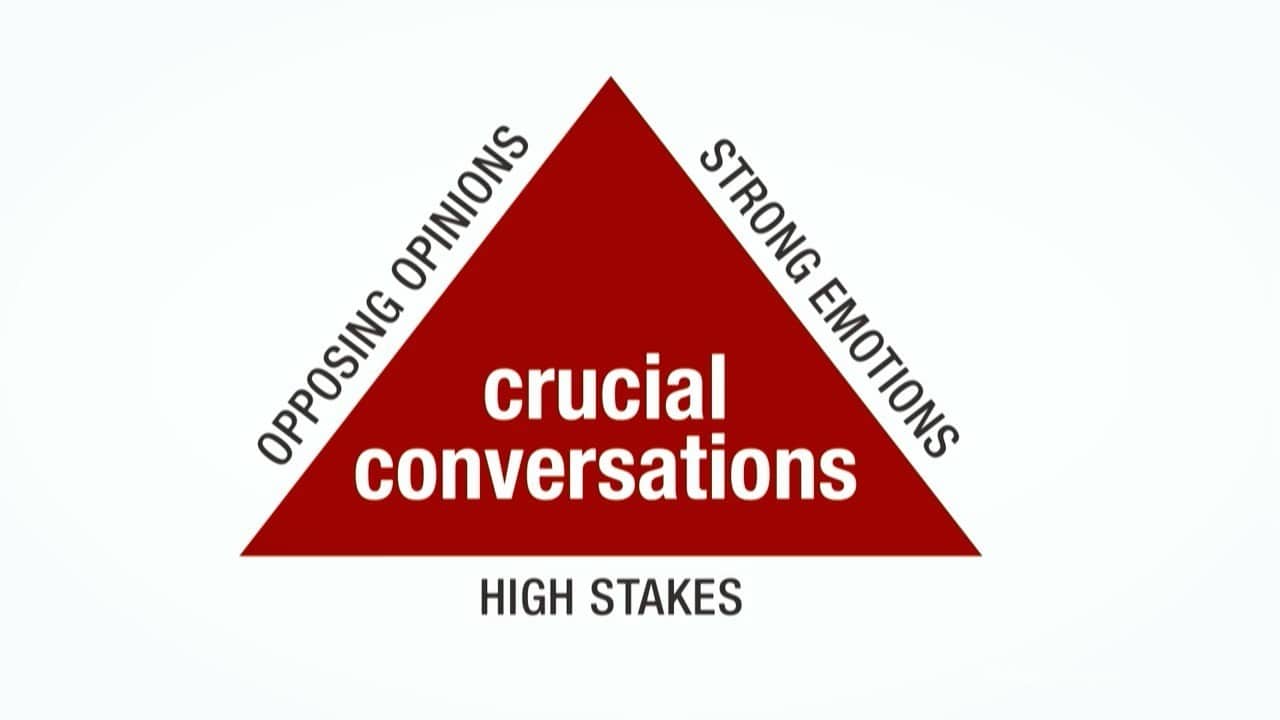Recently I asked a group of leaders at Atomic Object what resources they’d recommend for people stepping into a leadership or management role for the first time. The response was so great I decided to share it here. I wish I could’ve read this list of books on leadership back when I first dipped my toes into these responsibilities.
Let’s dive into the reading list of books on leadership:
Conscious Business
Conscious Business can help you understand how to develop self-awareness and emotional intelligence, enabling you to help create a more conscious and ethical workplace. Fred Kofman argues that the traditional approach to business is broken. He proposes a new one based on consciousness, ethics, and sustainability. Kofman provides a framework for leaders so they can create businesses more aligned with their values and that positively impact the world.
A few of our leadership team members shared that this book can be a dense read. However, the audiobook form is excellent and delivered more like a seminar than a direct reading. This is a great place to start, given the broad scope and wide applicability of tools offered within.
The Ideal Team Player
The Ideal Team Player is a great resource for building high-performing teams. In this book, Patrick Lencioni identifies five key roles every team needs: the visionary, the integrator, the implementer, the challenger, and the team player. He provides guidance on how to identify and develop the right people for each role. What’s more, he discusses how to create effective teams with the right mix of people balancing different roles.
If you’re new to a team lead role, this would be a great resource. Strategies from the book could help you unlock the best in everyone on your team without introducing conflict that could block their collective goals.
The 5 Dysfunctions of a Team
On the other hand, it’s valuable to identify when and why things aren’t going well in your team. Patrick Lencioni has a great resource for that in The 5 Dysfunctions of a Team. In this book, he identifies five common dysfunctions that can hamper teams: absence of trust, fear of conflict, lack of commitment, avoidance of accountability, and inattention to results. This book provides practical advice on how to overcome these dysfunctions and create a high-performing and cohesive team.
While The Ideal Team Player can help unlock the unique contributions each individual brings to the team, The 5 Dysfunctions of a Team provides tools more broadly applicable to the whole team and/or all team members.
7 Triggers to Yes
In 7 Triggers to Yes, Chris Voss explores the seven hidden triggers that influence how people make decisions, and he provides guidance on how to effectively use them. The book highlights that people are more likely to say yes to certain things. Further, by understanding the triggers to yes, you can be more successful and persuasive in negotiations, sales, and other interactions.
I’ve found this framework extremely helpful. I’m not trying to win a negotiation to maximize the benefit in my favor. Rather, it provided me with an effective way to effectively align on outcomes so everyone wins.
Crucial Conversations
If you find yourself in heated arguments or debates often at home or work, Crucial Conversations might be a good place to start.
Crucial Conversations teaches leaders how to have difficult conversations effectively while building trust and rapport with the people in their lives. It provides a framework to manage conflict, build trust, and reach mutually agreeable outcomes.
One early effect I observed in myself after reading this book was a reflexive sense of when a crucial conversation may be coming around the corner. This added awareness has helped me be better prepared for, or in some cases find alternative solutions to potential conflicts.
Crucial Accountability
Another area where ineffective communication can lead to conflict and reduced trust is accountability. Crucial Accountability provides a framework to help leaders set clear expectations, give feedback, and resolve conflict effectively. The system allows leaders to do this in a way that builds and maintains trust, rather than always risking that trust. The book’s framework provides a way to hold people accountable productively and constructively. That’s something easily missed when approaching the area of leadership in an ad hoc fashion.
The Coaching Habit
Coaching is an important skill in a leadership role. The Coaching Habit provides an effective framework for leaders to coach their team members. It helps leaders learn how to ask powerful questions, listen deeply, and provide actionable, constructive feedback. An effective framework to drive your coaching with team members can help you provide a consistently valuable experience for your team members. It’ll also help you avoid biases about the work getting in the way of what would benefit your team members most.
More Books on Leadership?
There are so many other great books on leadership and other resources for folks looking to level up their leadership skills and knowledge. If you know of any great ones not on this list, please share them by leaving a comment below!

